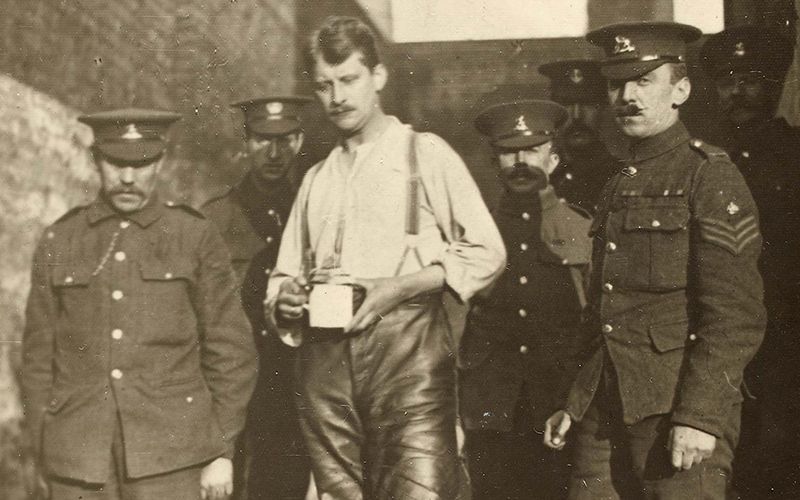| President Barack Obama |
The body, they were taught, was sinful, the infant soul was born polluted, and even the act that created infants was dirty.
This was the early 1980s in Ireland, by the way, and not some far away time.
Across the water in England they’d had the swinging sixties and the pill. In contrast the biggest thing to hit insular Ireland in those years was the Papal visit and Johnny Logan winning the Eurovision Song Contest.
“Sexual intercourse began/In 1963 (which was rather late for me)/between the end of the Chatterley ban/and the Beatles' first LP…”
So wrote the poet Phillip Larkin in his rueful, tender poem in praise of the dramatic shift in public attitudes in England the 1960s that allowed ordinary people to talk about issues that a decade earlier were completely off the menu.
This unprecedented new age of sexual frankness allowed topics like oral sex, orgasms and homosexuality to be openly discussed. Cheap and easily available contraception allowed men and women to take control of their own reproduction (Ireland, as always, would be a very late arrival to the transformation).
If you are conservative, you’ll probably remember the 1960s as the decade when long haired and selfish baby boomers turned America and the west upside down.
If you’re liberal you’ll probably remember it as a damn burst, when all of the oppressive lies about how things ought to be came crashing into the reality of how things were.
At the dinner table kids started challenging their parents over issues of race, sexuality, politics and patriotism. It got messy.
The thing about the 1960s that may also be hard to remember now is that for many people, adults and teenagers alike, those years were often terrifying.
From the nuclear standoff with Russia to the Kent State shootings to the assassination of the two Kennedy brothers to the first gay rights parade in New York City – the lesson is that change, even when it’s worthwhile and positive change, can be pretty hair raising when you’re standing in the front lines.
I can’t imagine what it must have been like to line up for the first Gay Pride Parade in New York City in June of 1970. Homosexuality in 1970 was still classified as a mental illness after all (it wouldn’t be declassified by the American Association of Psychiatrists until 1973).
At the time, to be gay was considered on a par with being a card carrying communist -- worse probably.
So it took courage, real courage, to parade through those humid city streets as beer cans and rocks were hurled by jeering bigots, and the police looked for the slightest infraction to throw the marchers into jail.
Ireland, as it always does, decided to put all of the profound social change of those decades on the long finger. We Irish like 100 years notice when it comes to social change.
Instead we presented ourselves as a bastion of purity in a sea of corruption and filth. We paraded about in our Sunday best and tut-tutted at lascivious, immoral England.
We ran a nice, white lacey curtain over our homegrown corruption and filth, while we loudly criticized our neighbors for their shortcomings.
Maybe it’s always been like that in Ireland. James Joyce talked about it. It really hadn’t changed that much by the 1980s.
So it’s uncontroversial to say that it took us decades to come to our senses about the gulf between our rhetoric and our reality. But we did it in the end.
And last week I was deeply moved to see President Barack Obama do likewise. The president of the United States finally stated that the rhetoric of calling for gay rights needs to match the reality, permitting them full citizenship, including the right to strengthen their loving relationships through marriage.
In finally recognizing a reality that the majority of Americans are already familiar with – the reality of gay people in their daily lives – the president has helped move us all toward the future together, but this time free of pretense or dishonesty.
In contrast the Republican presidential candidate Mitt Romney looks like an older, washed up version of Mad Men’s Don Draper. A yesterday’s model of a yesterday’s man, desperately trying to make his way back to 1962.
History just isn’t on his side.




Comments